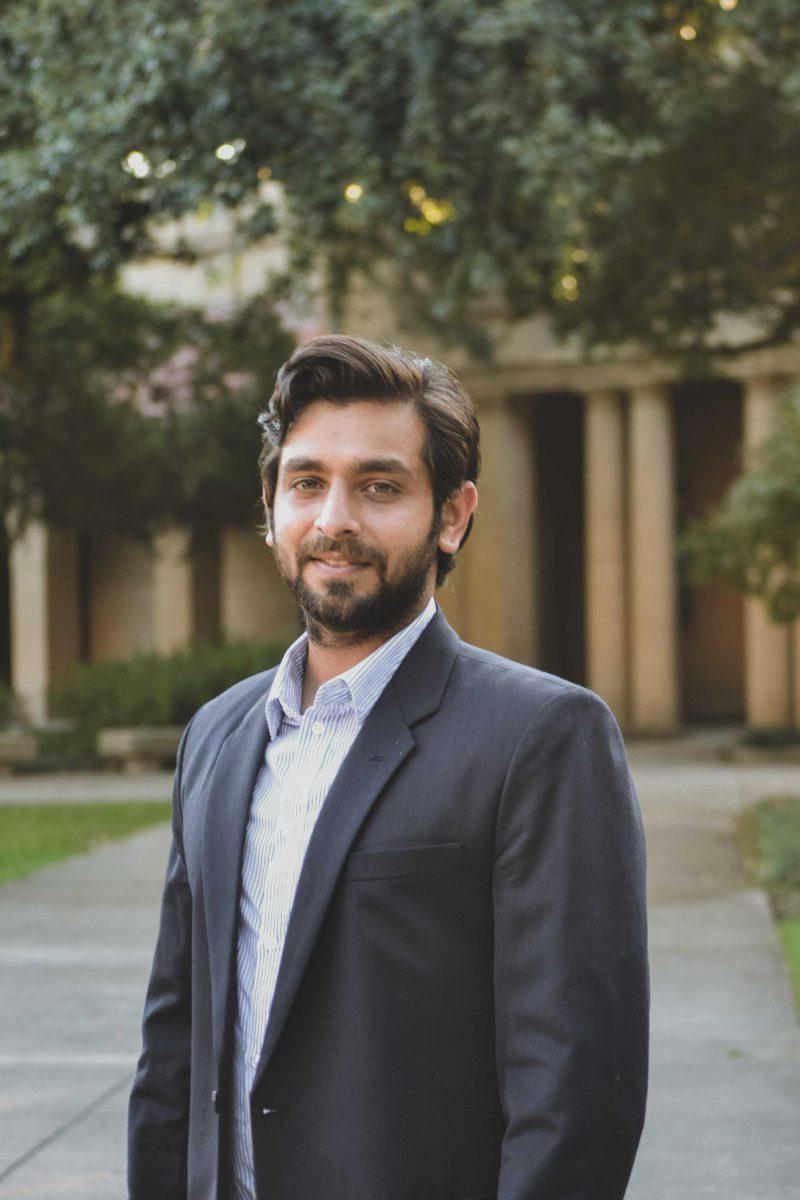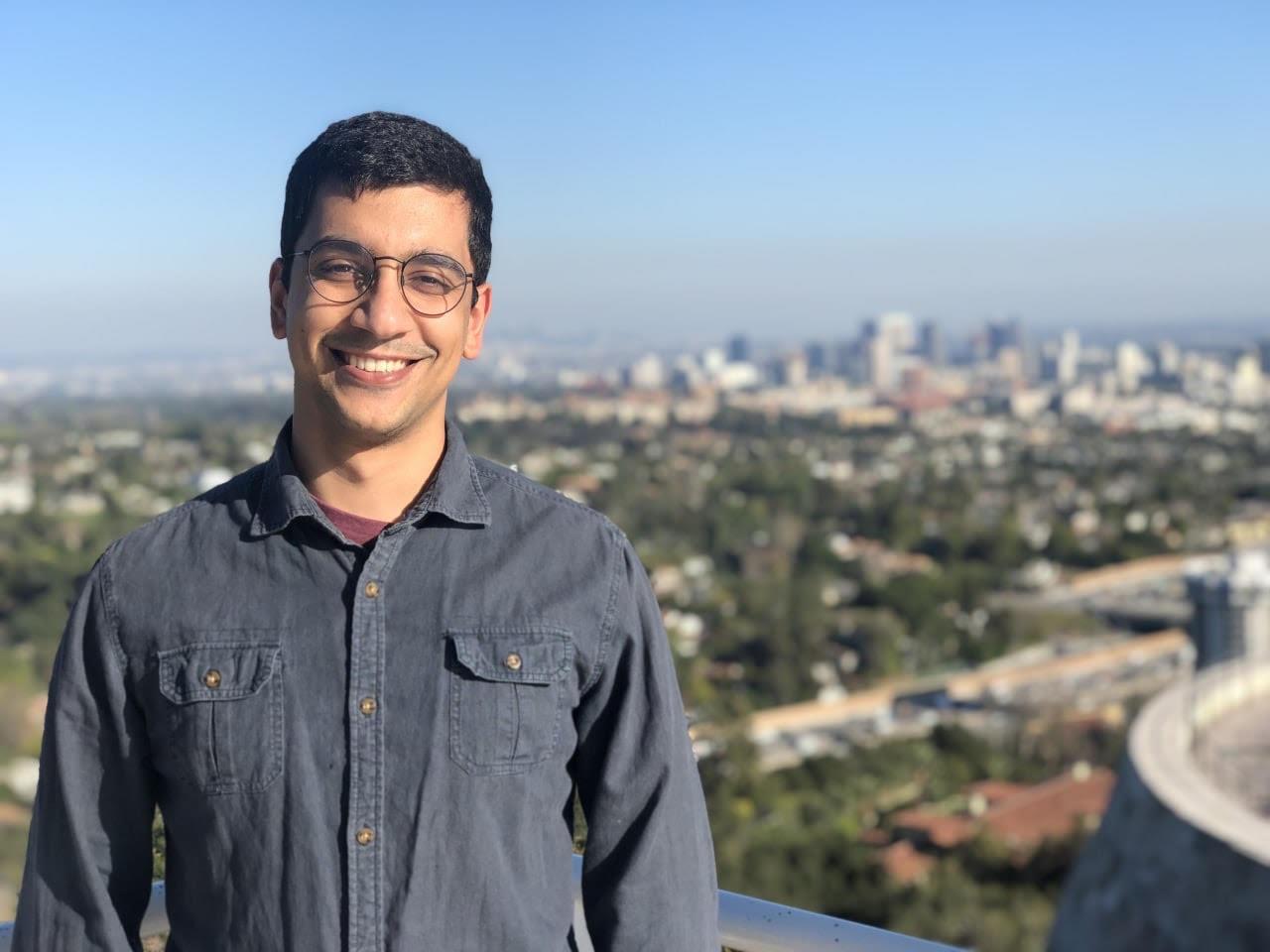When COVID-19 began spreading uncontrollably in the U.S. in March, universities around the country shut down. Most University students went home to be with their families, but for international students, this was not an option.
Chemical engineering graduate student Ahmed Al Harraq hasn’t seen his family since August 2019.
“It’s been pretty bad all year,” Al Harraq said. “I normally go visit family in Italy and friends in the summers. I definitely couldn’t do that this year especially since Italy was one of the worst hit countries in the world.”
Still, traveling to see family and friends remains difficult for international students if they want to come back to the U.S.
“It does break a flow that I’ve had with my family of seeing them at least once or twice a year,” Al Harraq said. “Being so far makes it a bit more stressful.”
Routine visa processing has been suspended at U.S. embassies and consulates around the world. International travel restrictions are in place in many countries, and commercial flights are limited and can be expensive for international students.
LSU alumnus Amrat Gandhi, founder of International Alumni Chapter at LSU, said students being alone has affected their mental health.
“They don’t have their families,” Gandhi said. “You know that if you go back you can’t come back.”
Construction management graduate student Shashank Muley, vice president of LSU’s International Student Association, said international students are prone to holding social gatherings with other international students — something the pandemic made difficult.
“We tried to do some Zoom sessions and some activities but it wasn’t that helpful,” Muley said.
Despite the uncertainty caused by the pandemic, most international students in the U.S. chose to stay at their university, according to data collected by the Institute of International Education.
“If I invest so much, if I come here and invest almost $100,000 in my education, I want to get something back,” Gandhi said. “I’m taking a loan so I can get a better education in this country. If I come here it’s because I want to make my future better.”
Adding to the already existing stress and uncertainty, in July, Immigration and Customs Enforcement announced international students pursuing degrees at U.S. colleges and universities could not remain in the country if they were enrolled in a fully online course load.
The announcement came at a time when many universities were contemplating whether they would hold in-person classes in the upcoming semester or revert to remote learning.
Under the regulation, international students who were unable to attend in-person classes would have to transfer universities or leave the country.
“Entire international student populations were in deep, deep trouble at that time,” Muley said. “You need to go back home or you will be deported — that put a sense of fear in international students’ minds.
“Am I doing something wrong here? I want to stay and do everything right, so why would I be deported?”
Muley said he and other members of the International Student Organization spoke to Interim President Tom Galligan about the new rule. Galligan assured international students that even if the order stood, the University would not be completely online in the fall.
Over 59 public and private colleges — including every member of the Ivy League — signed a court brief supporting the lawsuit brought by Harvard and MIT against ICE and the Department of Homeland Security.
ICE reversed the regulation a week later, representing a victory for international students in the U.S. and for the universities that spearheaded the legal front to reverse the order.
Many international students are in STEM fields and many of their academic and career paths are dependent on research experience, something the pandemic significantly affected.
“PhDs are awarded based on performance in terms of research,” Harraq said. “As an experimentalist, not being able to come to the lab for two months is not great. You waste a lot of time you could have dedicated to gathering data and things like that.”
Companies were also less willing to hire international students on work visas because of the uncertainty around travel bans. Employers also have to pay a fee to hire students working on H1-B visas, something Gandhi said they were less willing to do during the pandemic.
“People did not want to take risks with international students,” Gandhi said. “Lots of employers stopped hiring international students so a lot of people who graduated, they didn’t end up getting jobs.”
International students face unique challenges during pandemic
By Josh Archote
November 22, 2020
Construction management graduate student Shashank Muley is the vice president of LSU’s International Student Association.









